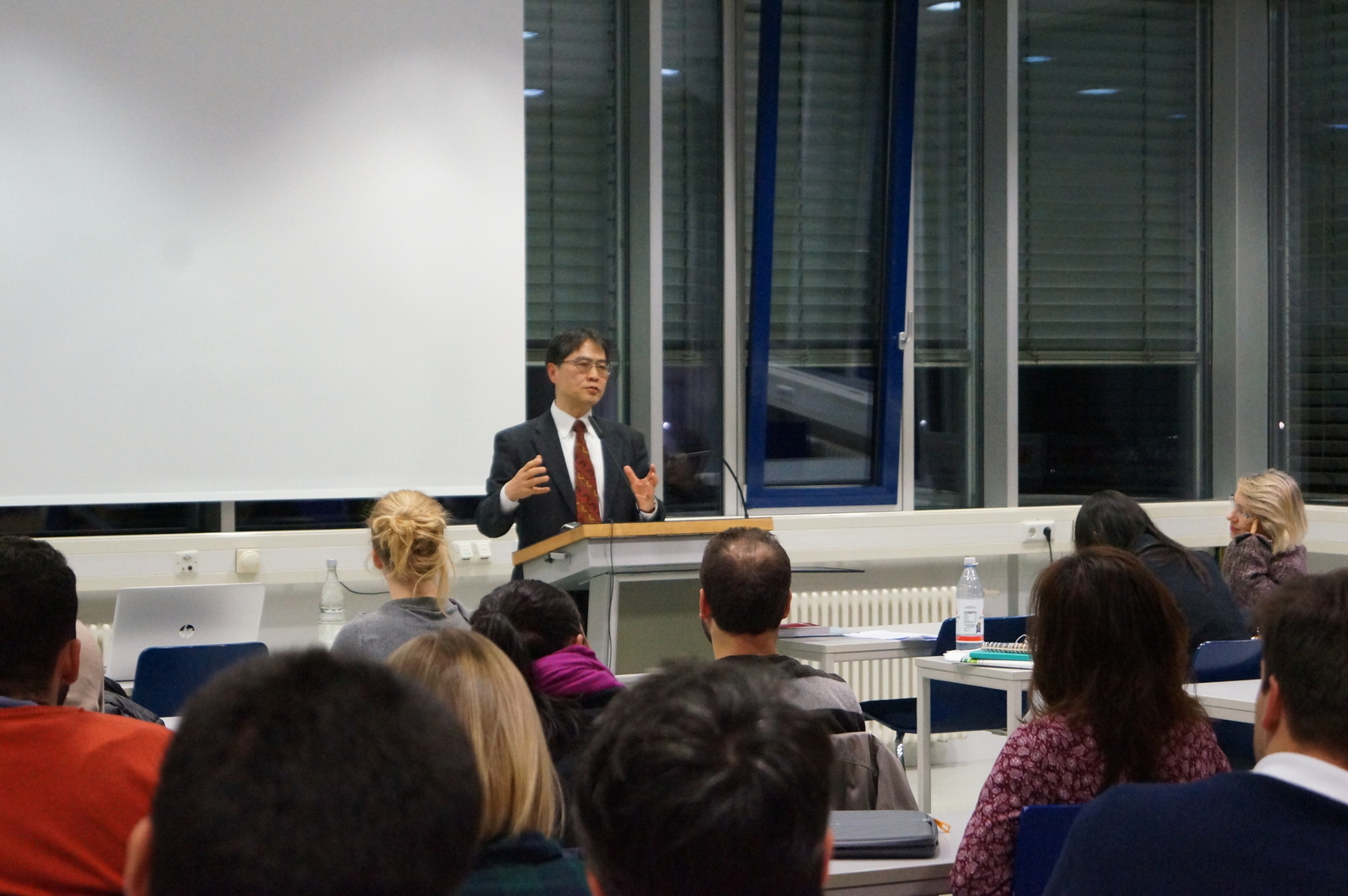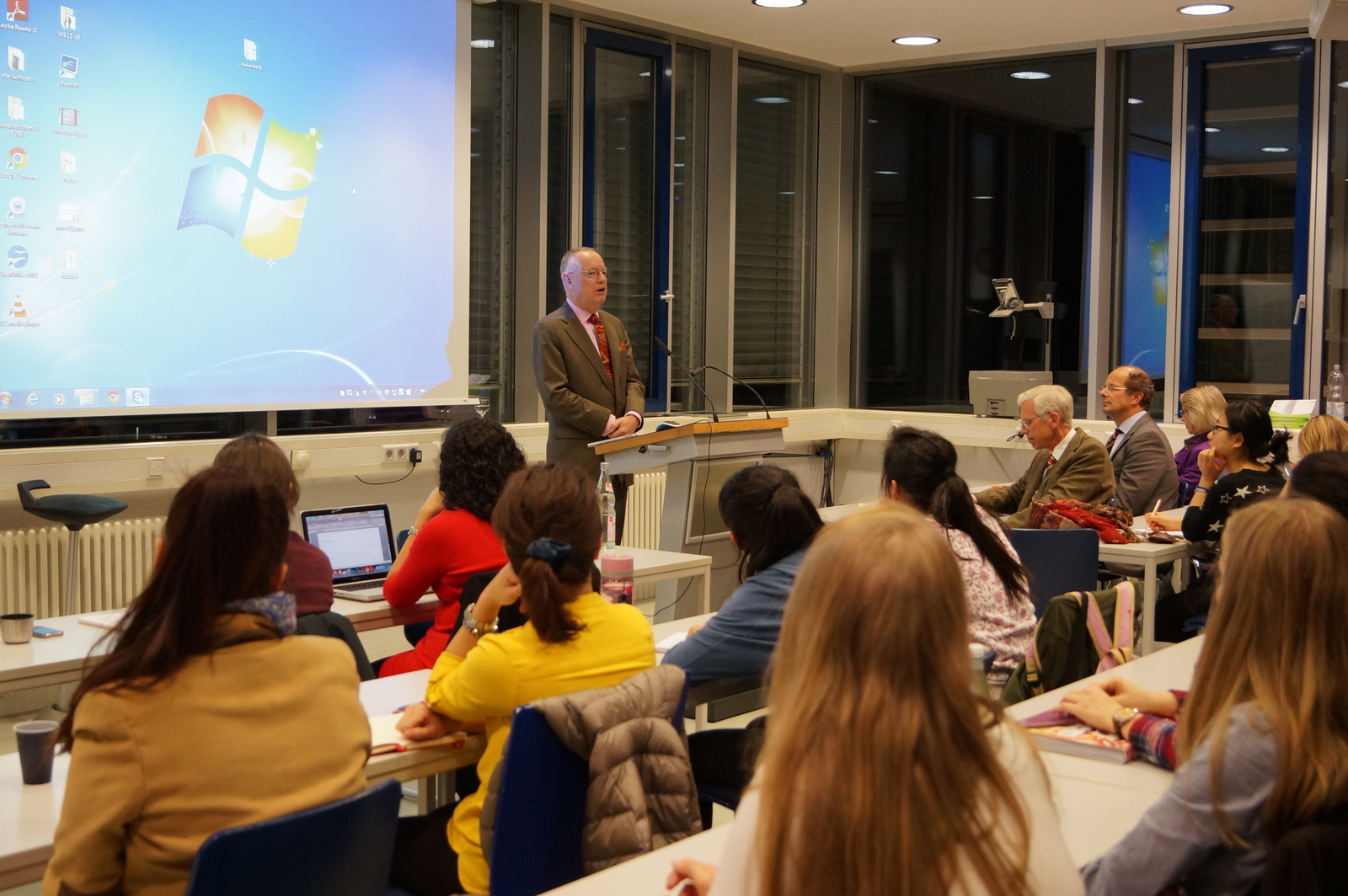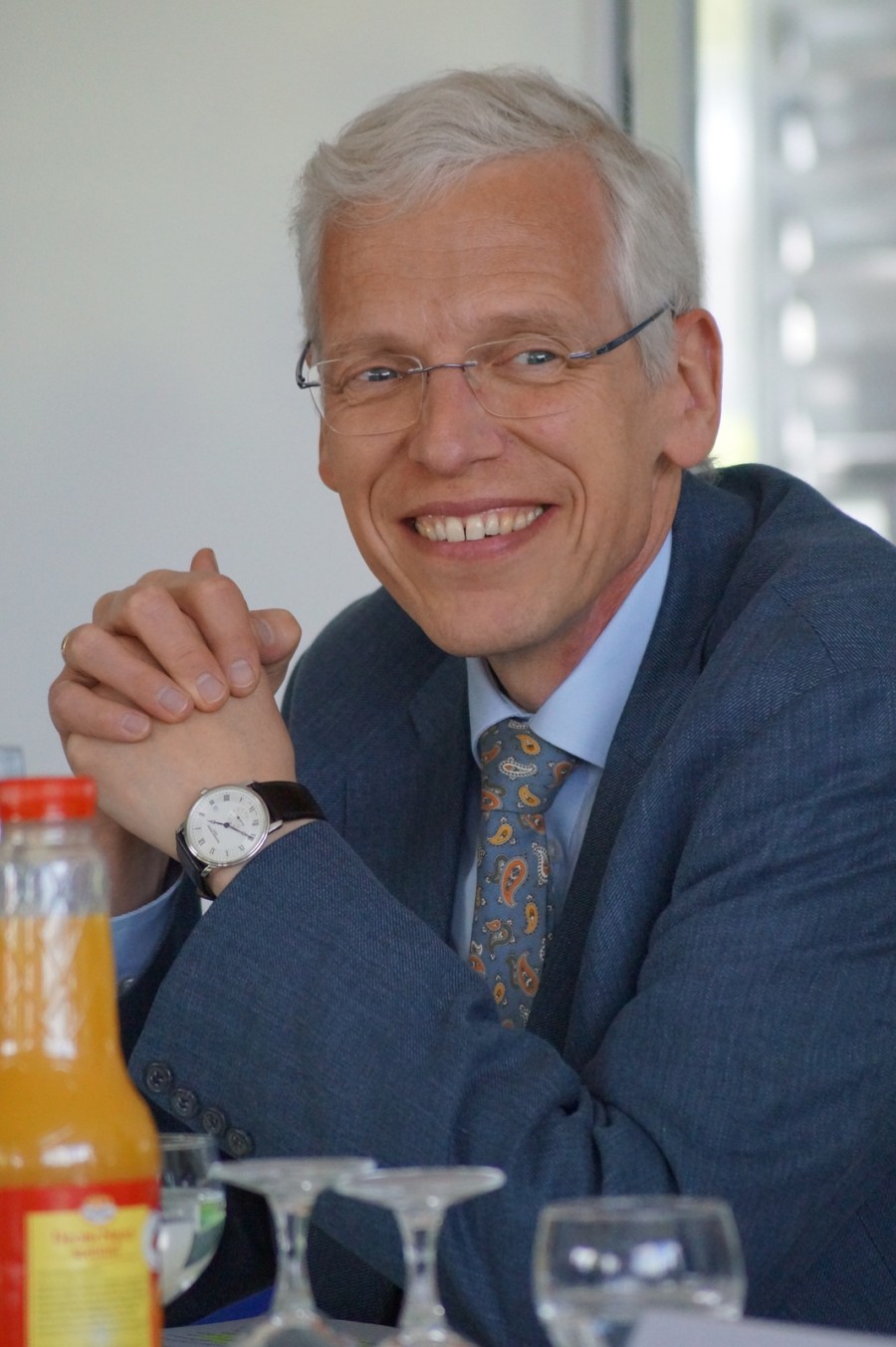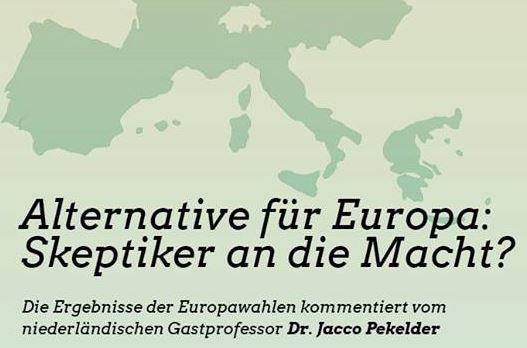Prof. Giegerich hat am 15.7.2020 in der Sitzung der Ständigen Arbeitsgruppe der Europaministerkonferenz auf Einladung des saarländischen Ministeriums für Finanzen und Europa in der Saarländischen
Weiterlesen

Prof. Giegerich hat am 15.7.2020 in der Sitzung der Ständigen Arbeitsgruppe der Europaministerkonferenz auf Einladung des saarländischen Ministeriums für Finanzen und Europa in der Saarländischen
Weiterlesen
Univ.-Prof. Dr. Thomas Giegerich hielt am 13.2.2017 im Rathausfestsaal Saarbrücken im Rahmen der Ringvorlesung „Fluchtraum Europa – interdisziplinäre Perspektiven“ einen Vortrag zum Thema „Völker- und
Weiterlesen
Guest Lecture on „The Work of the Human Rights Committee: Recent Developments“ Prof. Dr. Yuji Iwasawa, Professor of International Law at the University of Tokyo
Weiterlesen
„Foreign Relations Law and International Law – Substitutes or Complements?“ On the 10th November 2015 the Europa-Institute (Saarland University) had the honor to welcome Prof.
Weiterlesen
Zwischen Europafreundlichkeit und Europaskepsis – Die bundesverfassungsgerichtliche Rechtsprechung zur europäischen Integration Prof. Giegerich hat heute im Rahmen des 34. Deutsch-Französischen Juristentreffens in Saarbrücken einen Vortrag
Weiterlesen
Die Ergebnisse der Europawahlen kommentiert vom niederländischen Gastprofessor Prof. Dr. Jacco Pekelder* In den ersten Tagen nach der EU-Wahl geisterte die Angst vor einem „Aufmarsch
Weiterlesen